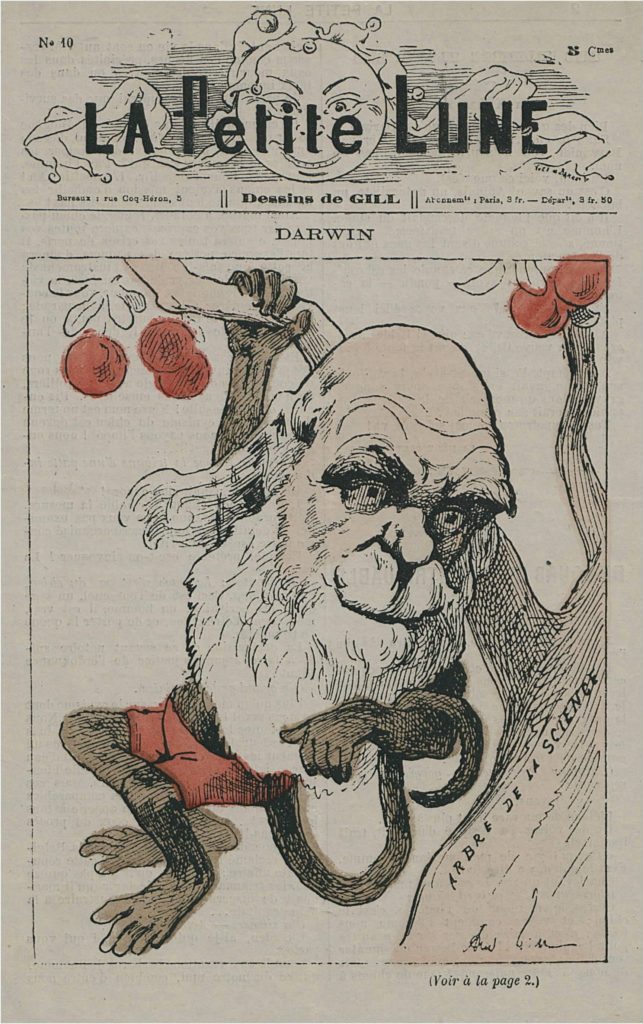Article from end 2020 that nobody published.

It is a case of brushing up on a fundamental cognitive capacity, one of those that arguably earned mankind dominance over other species, and which, however, the very prosperity we have achieved has lately been fading into obscurity.
In addition to the skills of making and using tools, writing and analysing, the human mind has developed the ability to project itself into the future, explore it, and return to the present with the best decision. This evolutionary Columbus egg has placed man in a position of enormous advantage over his surroundings.
The human ape can simply get food when he is hungry – like the rest of the animal world – or he can show off and treasure a very different cognitive class: he can decide to go and get plenty of supplies because it seems to him that winter is going to be particularly harsh this year; not only that, before setting out, he can already imagine in his mind several possible paths to take to gather food and think about them before he goes.
Before setting off, each path presents her with different energy expenditure, different offers of food, different dangers. Only then, after its mind has travelled each of these paths, will the human monkey avoid the shortest path that offers only tigers and roots, avoid the long path that passes through several territories of hostile groups, and choose the medium path rich in game.
At some point in history, well before Feynman’s diagrams and the many-worlds interpretation of quantum mechanics, the human ape realised that he could use his brain capacity to test his choices in a ‘test’ model of the world, test different options by reasoning, weigh the results and then decide what action to take next in the real world: this primate had a much higher chance of success than similar animals who only acted in response, in hindsight. Our primate does not know it, but it has to all intents and purposes performed a multi-dimensional exploration of a multi-dimensional world, finding an optimisation based on multiple weights(scopes).
Obviously, the goodness of the choice will depend strictly on the goodness of the reality model in his mind: according to this, the final path will be more or less successful, and natural selection will then do the rest. We can say that the goodness of the mental model of reality can be recognised primarily by how well it is able to describe the world organically and how correctly it predicts its evolution at every moment.
Now there is no need to remind us here how since the time of the monkey the world has become faster, multifaceted, dynamic, glass and steel; dangers are more complex, have more inertia, are sharper. On the other hand, the decision-making abilities of homo sapiens sapiens can and must keep up with the times, so that he can recover food for the winter this time too. But is this really the case?
We live in a time full of post-analysis, but being content to sit on the analysis of the post leads to irreparable mistakes, as getting it wrong in the modern world results in disasters of greater magnitude than those generated by the ape. If a train driver were to check his brakes only to discover that they were broken, well, there would be no amount of analysis, statistical trends and trends to save him and all the passengers. The monkey would have avoided this situation by checking first.
The international health scenario has shed a strong light on the thick layer of dust that has accumulated on this fundamental human capacity, with too many decisions taken in hindsight and almost none taken before; although there would be much to discuss about measurement methods, RTs, and geometric series applied in the early 2020s, by now all this has only academic relevance, and we need to look ahead.
It is to be hoped, then, that mankind will dust off this capacity and put it into action without delay, before the crisis is likely to change from health to economic, and then from economic to socio-political: this is because, whether the human ape plays ahead by avoiding tigers or decides too late, nature will be a perfectly indifferent judge.
It would then be healthy to stop for a minute, ten if necessary, and ask ourselves whether sometimes it is not better to stop earlier and reason, to check the brakes before setting off, to avoid finding ourselves in a situation that we could have avoided, in foresight.